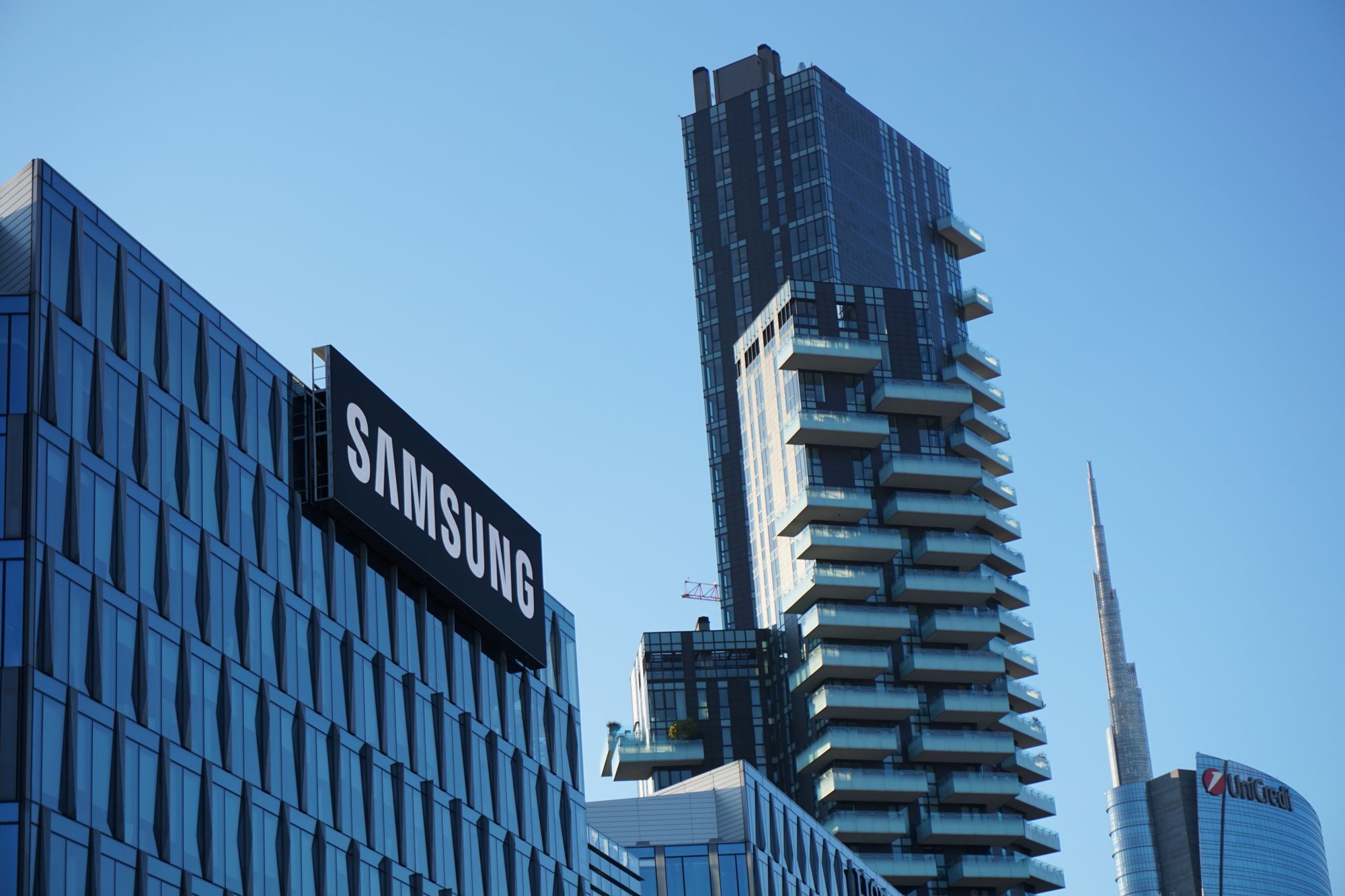ISPs Want To Charge Per-GB From YouTube And Netflix

The poor internet service providers. Their networks are always clogged with high internet traffic from YouTube and Netflix, ISPs are struggling and they cannot afford the high traffic anymore. The way ISPs look at it, they have two options, charge customers 21% more for access or bill the companies 3.7¢ per GB of use. The problems have gotten so bad that the ISPs have become unusable at peak times due to the overwhelming amount of traffic.
ISPs claim that they cannot afford the investment they have made to support the high traffic demands of YouTube and Netflix. The ISPs are pulling the, “you’re not pulling your own weight,” pointing the finger at the two highest bandwidth suckers on the internet.
Most Online Service Providers pay a fee to their Connectivity Provider(s) to be connected to the Internet, which is generally based on the bandwidth they require, while the largest ones act as if they were Connectivity Providers in their own right and connect to others via peering agreements. In both cases these charges are generally flat fees, not linked with usage and they form a very small part of their total expenditure/cost structure. In effect, Online Service Providers are paying to connect their services to the network but are not paying for downstream service delivery. [PDF]
The same study that came up with the results of the internet troubles also pointed out 4 ways we can fix this problem:
- Charge people more for Internet access.
- Charge every Internet company per gigabyte to deliver traffic.
- Allow paid prioritization, so sites like Netflix could go faster than everyone else if they cough up the cash.
- Deploy more “managed services” that operate over the same last-mile IP pipe.
The report lays out these clear options for users, and the costs per gigabyte aren’t that much compared to all the troubles ISPs are making about it. While usage-based billing has already come to places like Canada, it’s clear that ISPs would like to extend it to Internet companies as well as to customers.




